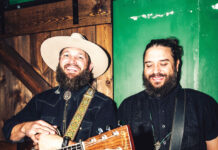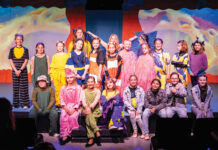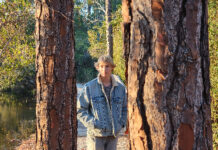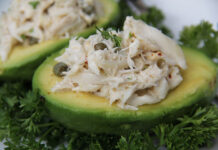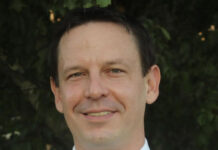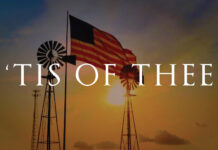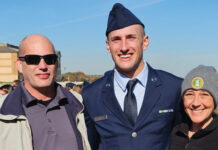By Kirk McCarley
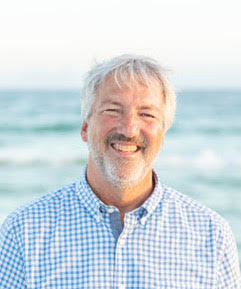
There are two movie assignments I’ve often given some of my coaching clients, especially if they are preparing for job interviews.
One is “The King’s Speech.”. Featuring Colin Firth in the role of the future king of Britain, George VI, the plot deals with the to-be king’s predisposition towards a stammer. He consults with Lionel Logue, an Australian speech and language therapist after experiencing disaster after disaster in his ability to communicate. Through a series of exercises, some cringe-worthy, Lionel works with the king, to the point that in 1939 the king must broadcast a speech to the British citizenry following the declaration of war on Nazi Germany. Relying first on Logue’s orchestration, he begins delivering his speech, and at the end is speaking freely. For me, it is an outstanding illustration of how a coach mentors a client across a seemingly untenable pathway as they progress from point A to point B.
Another important movie (though less renowned) is “Akeelah and the Bee.” This 2006 drama tells the story of 11-year-old Akeelah Anderson, who competes in the Scripps National Spelling Bee. Akeelah attends Crenshaw Middle School, a predominantly black school in South L.A. Noting her special talent for spelling, the school’s principal encourages her to sign up for the school-wide spelling bee, a request she initially rebuffs. After reconsidering and participating in the competition she is observed by a visiting English professor, Dr. Joshua Larabee (Laurence Fishburne) who decides she is good enough for Nationals and becomes her spelling coach. Making a connection between the rhythms of spelling and skipping rope, Akeelah eventually proceeds to capture her own “crown.”
What is your memorable speech or academic contest moment? How did you go about determining your zone, the rhythm in which you best function?
- In a job interview?
- When giving a presentation or speaking to a group?
- In how you go about your daily assignments?
- In the way you prepare a meal?
- With the manner in which you connect with and communicate with others?
Routine works well for many people, something those who grew up on a farm where livestock were raised might particularly understand. I knew some dairy farmers in Missouri. Dairy cattle require consistent milking, at least twice, and sometimes as often as three times daily. That requirement comes seven days a week, vacation time and holidays included. That routine is instilled at a young age, so much so that the learning curve is steep, if not impossible, for those seeking to try their hand at the dairy business who are not products of the multi-generational heritage.
Cadence can be variable in other occupations. A masterful storyteller incorporates pause, inflection, and hesitation to encourage emotion, reaction, and a feeling of suspense among those listening. Dynamic preachers employ similar tactics.
Some succeed with a rhythm that is their brand. The chef, Emeril Lagasse, introduced flair, tempo, and passion for food prep viewership that “turned things up a notch” for that industry segment.
In setting your own pace, I’ve identified some keys, especially in interviewing and other interpersonal skills that are critical in attaining that delicate balance between being in control, without being “controlling.”
- Breathe. Seems counterintuitive, yet I’m continually amazed at how many of us stumble through speaking faster than we can think.
- Condense it. Unless delivering a speech, a response of no more than 90 to 120 seconds seems about right in an “interlude.”
- Hesitate. Pause before answering. Even three seconds can give you the chance to organize your 90-second comment.
- Eye contact. I have had seemingly distracted clients look away from or beyond me.
- Question. Remember to ask good, open-ended questions of the audience with which you’re engaged.
- Storytelling. A good storyteller builds in inflection and emphasis and varies the speed of their delivery.
- Uniqueness. What differentiates and distinguishes you?
- Countenance. A smile and positive, optimistic body language go a long way.
A graduate of the University of North Texas, Kirk McCarley is a Certified Professional Coach as well as a Professional in Human Resources (PHR) and SHRM-CP Certified. He also is a Production Assistant for both college football and basketball for ESPN and leads group cycling classes as a Certified Spinning instructor. Contact kirk@theseedsowercoach.com, theseedsowercoach.com, or call 314-677-8779.
Visits: 0






